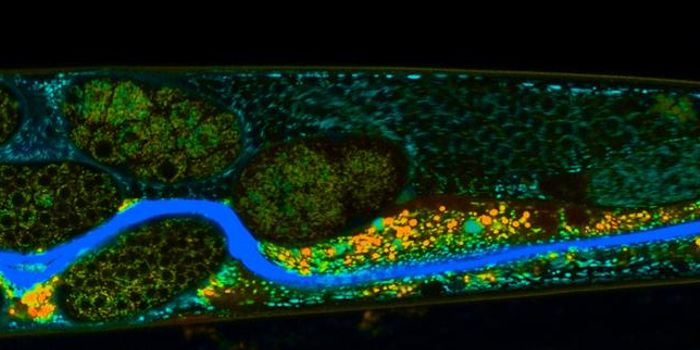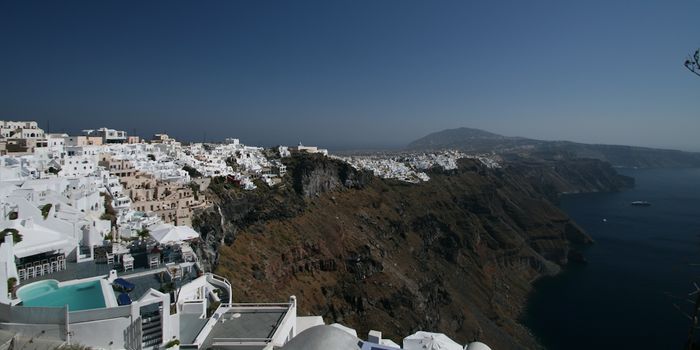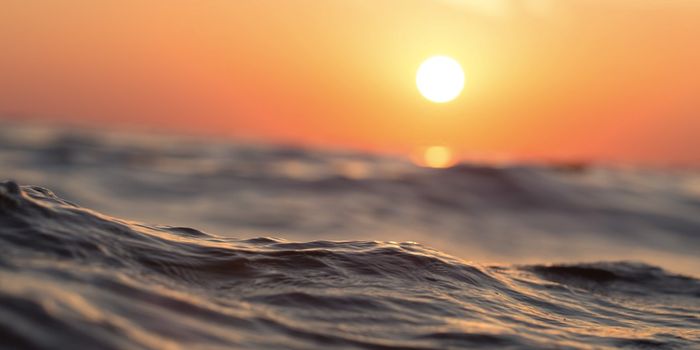We need flexible Marine Protected Areas
The laws that apply to much of the world’s international waters are out of date – that’s why world leaders are hard at work to improve the laws we have to govern the world’s shared waters. Last signed in 1982, the U.N. Convention on the Law of the Sea, or UNCLOS, is lacking in effectiveness because it doesn’t take into account the movement of animals, particularly under changing climate conditions. New research published recently in Science encourages the UN to consider mobile marine protected areas which would allow for flexible species shifts due to climate change.
Lead author Sara Maxwell is an assistant professor at the University of Washington Bothell who studies migratory marine animals. Maxwell comments, “Animals obviously don't stay in one place -- a lot of them use very large areas of the ocean, and those areas can move in time and space. As climate change happens, if we make boundaries that are static in place and time, chances are that the animals we are trying to protect will be gone from those places."
Marine protected areas, or MPAs, while beneficial in protecting a large portion of our oceans, do too little too late to protect migrating species such as sea turtles, whales, sharks, and seabirds, say the authors. And now, because species are adapting to climate change, their migratory routes, habitats, and breeding and hunting grounds are all shifting even more. So, argue the researchers, static MPAs are not effective.
"In the context of climate change, the way that we have been applying things in the past is not likely to work into the future," Maxwell said. "Species will increasingly need protection, and we will need to apply more dynamic and innovative tools to be effective."
One of the innovative strategies that Maxwell is referring to is called dynamic management, which uses satellites, GPS tagging, and ocean modeling to track marine species in real-time. The technology is relatively new and has great potential for conservation measures. "Until we could implement this type of management and show that it's feasible, people didn't quite believe that it was possible," Maxwell said. "But as we know more about where animals are going in space and time, we can use that information to better protect them."
"New technology is making this dynamic approach to ocean conservation possible, at the same time that climate change is making it necessary," Maxwell said.
Although dynamic management is already in use in some parts of the world, the new paper urges the UN to encourage its use when updating UNCLOS. "We hope the language in the United Nations treaty could be changed to explicitly include mobile marine protected areas and dynamic management, so that those become options to protect the largest parts of the ocean going forward," Maxwell said.
Sources: Science, Science Daily









